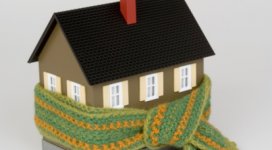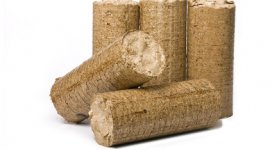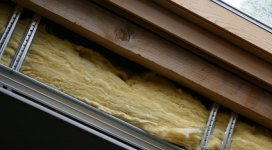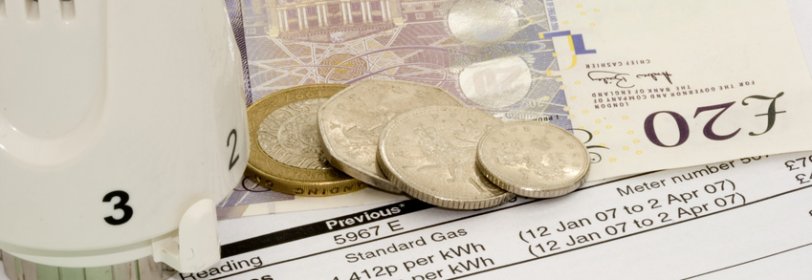Heating and Hot Water Options
Do you need your heating on for the periods you have currently set? How do you store your hot water? Are you a single occupant or a family of four or more?
IDM recognises that individuals' and families needs vary greatly and thus we can advise on how you can use your existing system or adapt it to get the most effective results, saving money and providing better comfort. We can help you improve your comfort, whether planning for a new system or needing advice on your existing system, saving money and helping reduce heat loss. For further information please Contact Us.

Combined Systems
Are you considering different ways of heating your home, in addition to your existing heating system? Or are you planning and new system which will combine products to use different energies to heat your home?
Reliance on a single energy, like gas, to heat your home may become increasingly risky in the future as energy prices fluctuate. Gas is a finite resource which will eventually deplete resulting in continual price increases. So it may be a good time now to plan for change if your home is easily adaptable to incorporate a combination of energies. IDM currently installs combined systems using solar power, ground and air source pumps, gas and electricity and is continually researching new ways to conserve energy for our clients. Combined systems have proved expensive in the past, but newer and more improved products to the market, against a back drop of increased energy supply costs, mean that newly combined systems are becoming a viable option. We anticipate continued development in combined systems over the next ten years and can offer clients advice on latest technology and options currently available. Please Contact Us to discuss your plans.

Alternative Energy
Are you considering a complete change to how you regulate the temperature in your home? As concerns about global warming increase and traditional natural resources become ever more costly, are you keen to explore alternative energy use?
Gas and Electricity have been the predominant energies to provide warmth in our homes for decades. But concerns over these energies greatly contributing to global warming, together with scarcity pushing up supply prices, mean that we have to plan now for significant changes in the future. Most existing buildings are poor retainers of energy which leads to continually high gas and electricity output each day. At IDM, we are investing in systems and products that can supply warmth and cooling using alternative energies such as solar, ground source and air source systems. Newly constructed properties are built to increasingly higher energy saving standards and government regulations are set to become even more stringent in the next few years. But there is a challenge too for existing homes and businesses where wasteful heat loss is prevalent. If we all had a chance to take stock of our annual energy bills, most of us would be amazed at how we can make simple and effective decisions to cut heat loss without compromising our comfort. Greater insulation combined with a slight reduction in heat levels, or better use of time clocks to heat when needed, can result in significant heat loss reduction without compromising our comfort. It also saves us money. At IDM, we have recently looked at our own energy inefficiencies and are taking strategic decisions to change. We are a growing organization that needs to increase its office size. So we have taken the decision, as part of a thirty year business plan, to build our own offices, rather than rent another inefficient unit, which will incorporate new technology to provide a comfortable working environment for our staff whilst at the same time reducing our existing energy loss by up to 80% annually. You can view our progress over the next eighteen months by clicking on the "Our New Carbon Friendly Building" link to see how we progress. Alternatively, why not Contact Us to come visit the site to see how the new technologies are being used and whether we can help your business and homes likewise.

Flexibility through Controls and Zoning
You can greatly increase your ability to control temperature and comfort through incorporating controls and zoning, whether designing a new system or wishing to improve the performance of an existing system.
The ability to control temperatures in different rooms within buildings is nothing new. Thermostatic radiator valves manually handled have been a key control in domestic premises for years. But technology is being used to improve controls on systems, creating an ability to the user to be more selective. IDM assesses each home or commercial building to determine where it can best install latest digital technology in time and temperature controls, together with zoned controls within different areas of the building so that there is greater control in heating and cooling for the user. Zoning and individual controls are only part of a wider solution, but nonetheless an important contributor to a more efficient system.

Insulation
Insulating your building properly is by far the most important energy saving measure you will take, in newly designed or existing buildings.
This is because it helps retain any supplementary energy you need to warm or cool a building. The better your insulation, the less energy you need to expend, saving heat loss and money. IDM can help you decide how a combination of insulation and temperature control can best suit your needs. Minimum standards of insulation in new homes are legislative requirements today and the Government has embarked on a nationwide programme to improve insulation within existing homes. The new Home Information Packs for selling properties contain a record of a buildings capacity to control energy. The message is "Insulate Your Home to reduce Carbon Waste". IDM can insulate your home and commercial buildings to help gain much greater control of heating and cooling in the building without the need to increase energy use to achieve same through installed systems. Contact Us for more details.

If you want to learn more, please get in touch through the contact us page.
